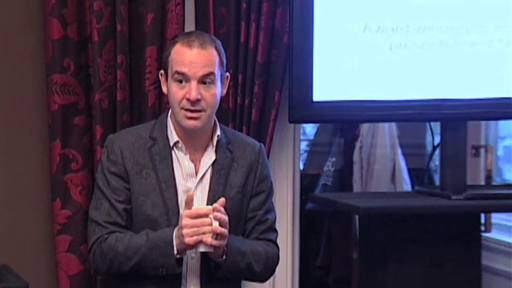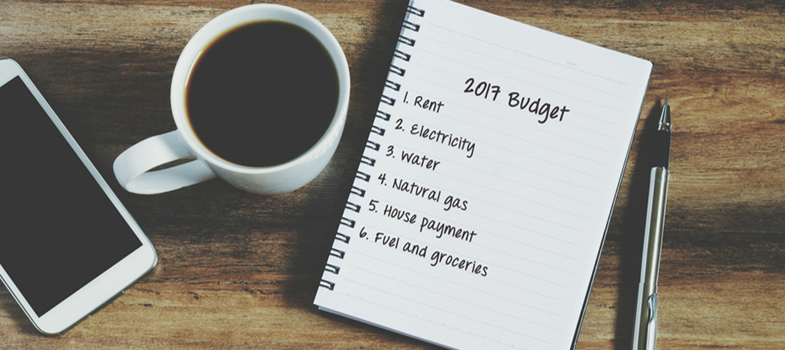4. Debt
Debt
Good debt, bad debt, and how to make it work for you
Not all debt is bad. Borrowing money can be very useful, for example getting a mortgage to buy a house, taking out a student loan to go to university, or using a credit card to buy something you need right now and will be able to pay off in a month or two. However debt can also cause big financial problems for people who take out too much or find they can’t pay it back.
Most of us have a pretty good idea of what good debt and bad debt is. Good debt is debt we’ve planned for, that we know we can afford, often for an investment like a house or to go to university. Bad debt is debt we struggle or are unable to repay. Bad debt tends to have a much higher interest rate and is often started by borrowing on impulse or as a last resort, but it can come in many forms.
Avoiding bad debt is key, as getting out of it can be very difficult.
In the video Martin Lewis – money saving expert and TV personality – discusses with an audience about good and bad debt:

Transcript
How can you avoid bad debt?
- Plan your borrowing. Often we borrow without making a clear decision to, such as dipping into an overdraft or spending on a credit card. There are usually much cheaper ways to borrow if you plan in advance and talk to your bank or local credit union beforehand.
- Only borrow what you can afford to repay, and never borrow for day-to-day spending. In the long run you need to live within your means. Borrowing can be useful to spread an unexpected expense over a few months, paying it back out of your usual income, or if you know you’ll be receiving enough money to pay it off in the future. However if you’re borrowing to fund day-to-day spending and aren’t about to receive extra money then you’re storing up bigger problems for the future.
- Avoid payday lending, weekly payment shops, and door-to-door lenders. This is almost always a far cheaper option.
- If you’re struggling to pay back a loan, talk to your bank or credit union as soon as possible. It may be a difficult conversation to have, but there is a fair bit they can do to help.
- If you get into difficulty don’t wait to get free debt advice. Talk to the StepChange or your local CAB (see the links to the websites below).
- a.StepChange Debt Charity – Free Expert Debt Advice: https://www.stepchange.org [Tip: hold Ctrl and click a link to open it in a new tab. (Hide tip)]
- b.CAB – Citizens Advice Bureau: https://www.citizensadvice.org.uk
Extension: mortgages and other costs of buying a home.
